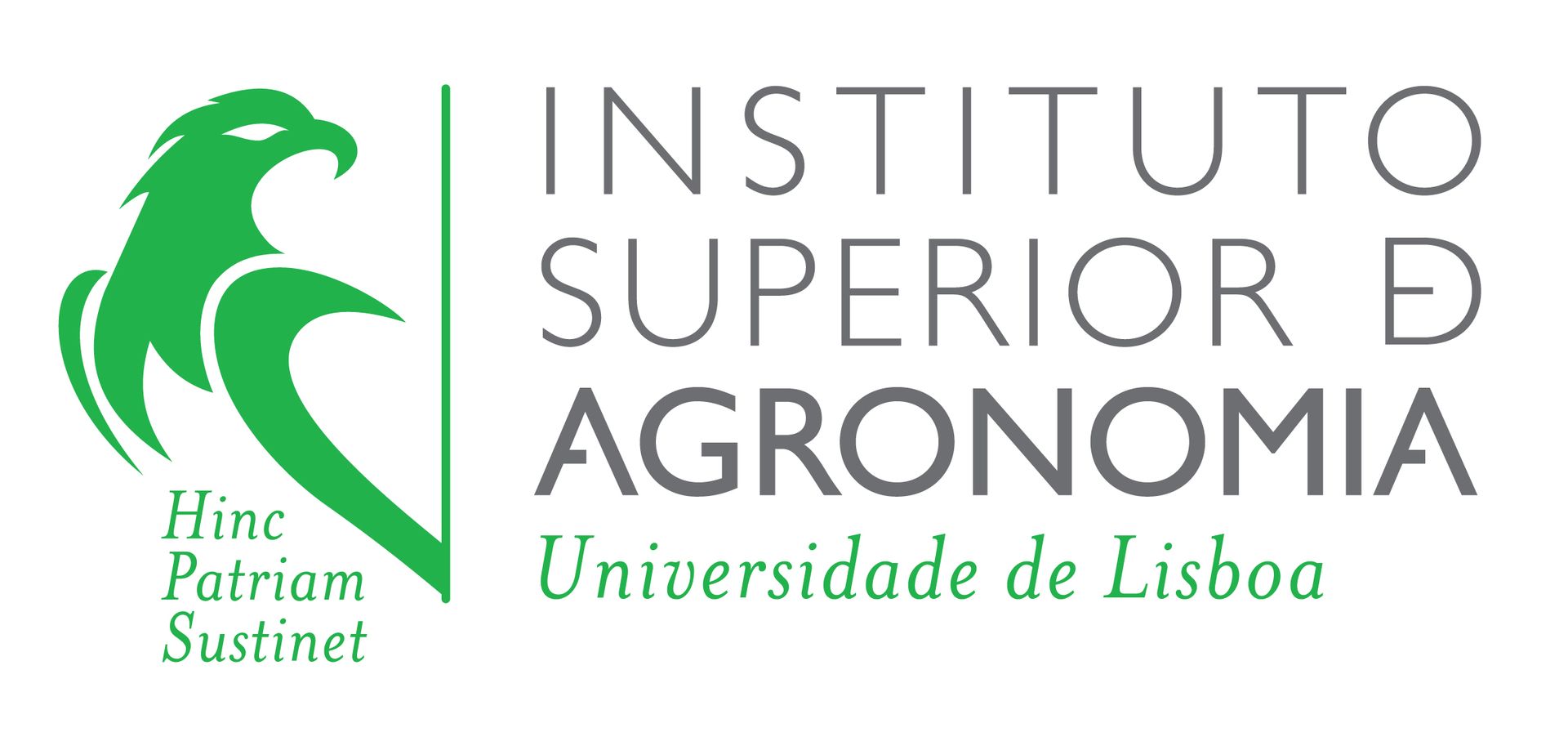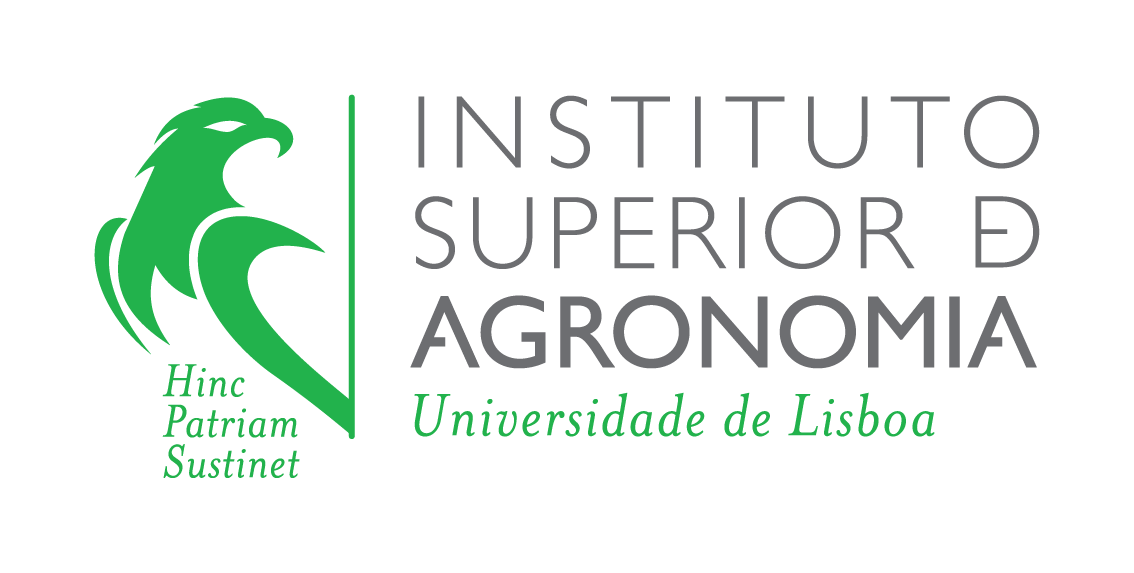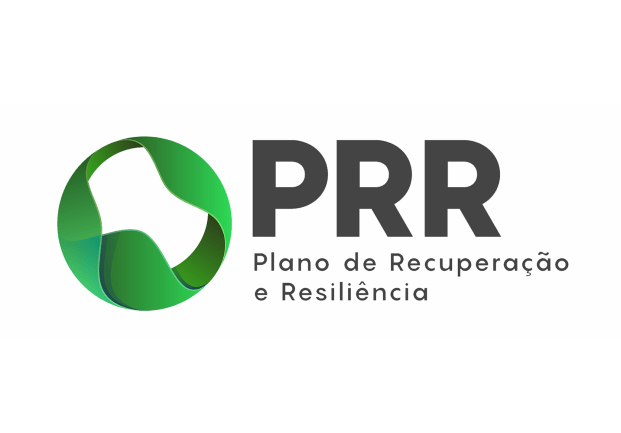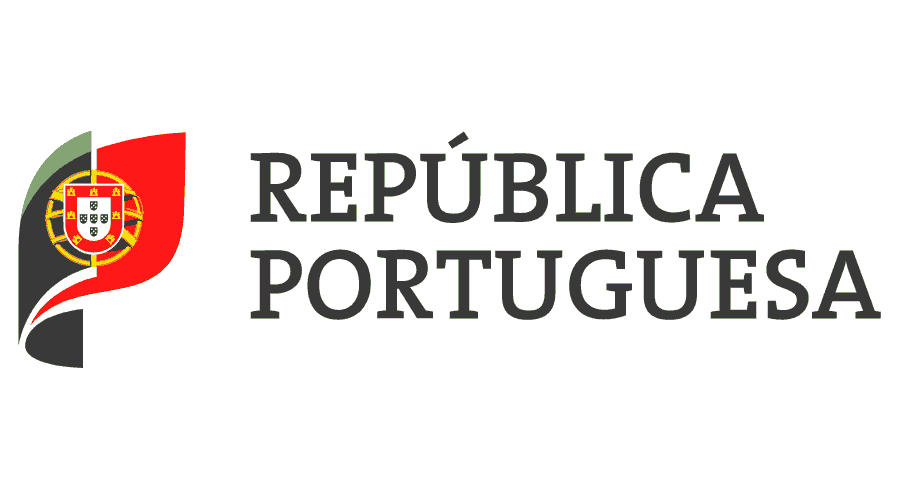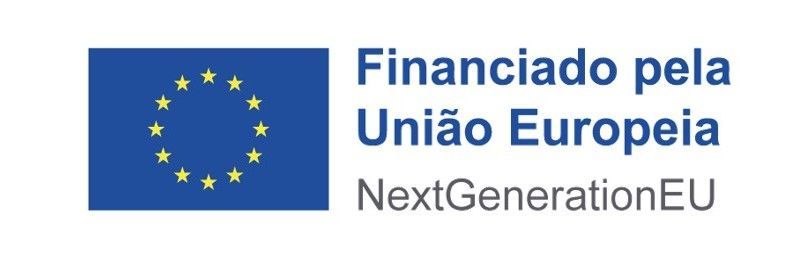Registration ends in:
The Cork Oak is well recognized for its importance in the Portuguese forest, be it cork oak, natural or planted forests. Cork is the main product extracted from this species.
Cork cultivation is defined as the set of management practices and operational practices carried out with the purpose of promoting cork production, implying that this activity is developed at the level of the tree, the population or the management unit.
Given the predominant occupation of cork oaks in Alentejo and Ribatejo, subericulture has a deep-rooted tradition in these regions. This tradition was one of the drivers for the installation of new plantations, a fact observed in recent decades and which has spread to the Central and Northern regions where subericulture is less recognized. The professionalization, updating and dissemination of good subaerial practices are therefore a current need throughout the country, as a guarantee not only of sustainable cork production, but also as promoters of the preservation of trees and the regeneration of ecosystems in the current climatic and economic context.
This course aims to disseminate the vast scientific knowledge generated in recent decades around subericulture. It will be based on the presentation and transposition of results from recent scientific publications to current practice in subericulture.
Goals
- Disseminate the practice of cork cultivation as a basis for cork production and as a fundamental element to guarantee the sustainability of the montado.
- To present the results of recent scientific research with implications for current practices in subericulture.
- Reinforce understanding of the effect of various soil and climate factors on the growth of cork, cork oak and montado.
- Promote the definition of alternative forestry models for the management of cork oak forests and for the installation of new cork oak plantations.
Recipients
Bachelor's, master's or doctoral students in courses taught in the areas of agricultural sciences, natural sciences and biological sciences.
Professionals in the agroforestry and environmental sector.
Requirements
Basic knowledge of botany, forest ecology, and dendrology.
Level B2 or higher in understanding the English language (written).
Applications
Opening - September 1, 2024
Closing date - November 6, 2024
I Want to Apply!
I have ISA's Fénix Portal credentials*
I don't have an ISA account yet
*For those who already have an account, log in and apply through the "Candidate" tab
Coordination and Trainers
- Joana Amaral Paulo (coordinator)
Email: joanaap@isa.ulisboa.pt
Professor at the Instituto Superior de Agronomia and researcher at the Centro de Estudos Florestais, Joana Amaral Paulo is a member of the “ForChange” research group and coordinator of the Master’s course committee in Forestry and Natural Resources Engineering at ISA. Her main research topics include understanding and modelling the effects of climate, soil and management practices on agroforestry systems, with particular emphasis on the montado ecosystem, cork oak and cork. She was one of the founders of the European Federation for Agroforestry (EURAF), where she remained as national delegate until 2022. She is a member of the IUFRO Task Force “Unlocking the Bioeconomy & NTFPs” dedicated to the development of the bioeconomy and the valorisation of non-wood forest products.
Information
-
Course TypeList item 1Specialization course
-
OperationIn person (possibility of attending remotely)
-
DurationList item 225 hours of face-to-face contact (15h theoretical classes and 10h theoretical-practical classes) 25 hours of independent work and assessment.
-
Start DateList item 3November 13, 2024
-
End DateList item 4December 11, 2024
-
RegimeAfter-work
-
TimeNovember 13, 20 and 27, 2024 (Wednesday) December 4 and 11, 2024 (Wednesday) Time: 10:30 am – 1:00 pm and 2:30 pm – 5:00 pm
-
Credits3 ECTS
-
AssessmentA certificate of attendance will be awarded to students who attend at least 80% of the classes. Students who wish to receive a certificate of assessment (3 ECTS), in addition to attending at least 80% of the classes, will have to prepare a final individual written assignment. The assignment consists of a critical analysis of an area of montado based on existing inventory information, and the preparation of a proposal for a management plan for the same. The assignment will be presented and discussed orally. The final grade will be determined by the following formula: 50% written content + 15% oral presentation + 35% justification and discussion.
-
Vacancies15
-
Price300 euros (with assessment) 250 euros (without assessment) 20% discount for ISA students, scholarship holders and senior technicians 20% discount from the 3rd registration (inclusive) of the same institution/company


